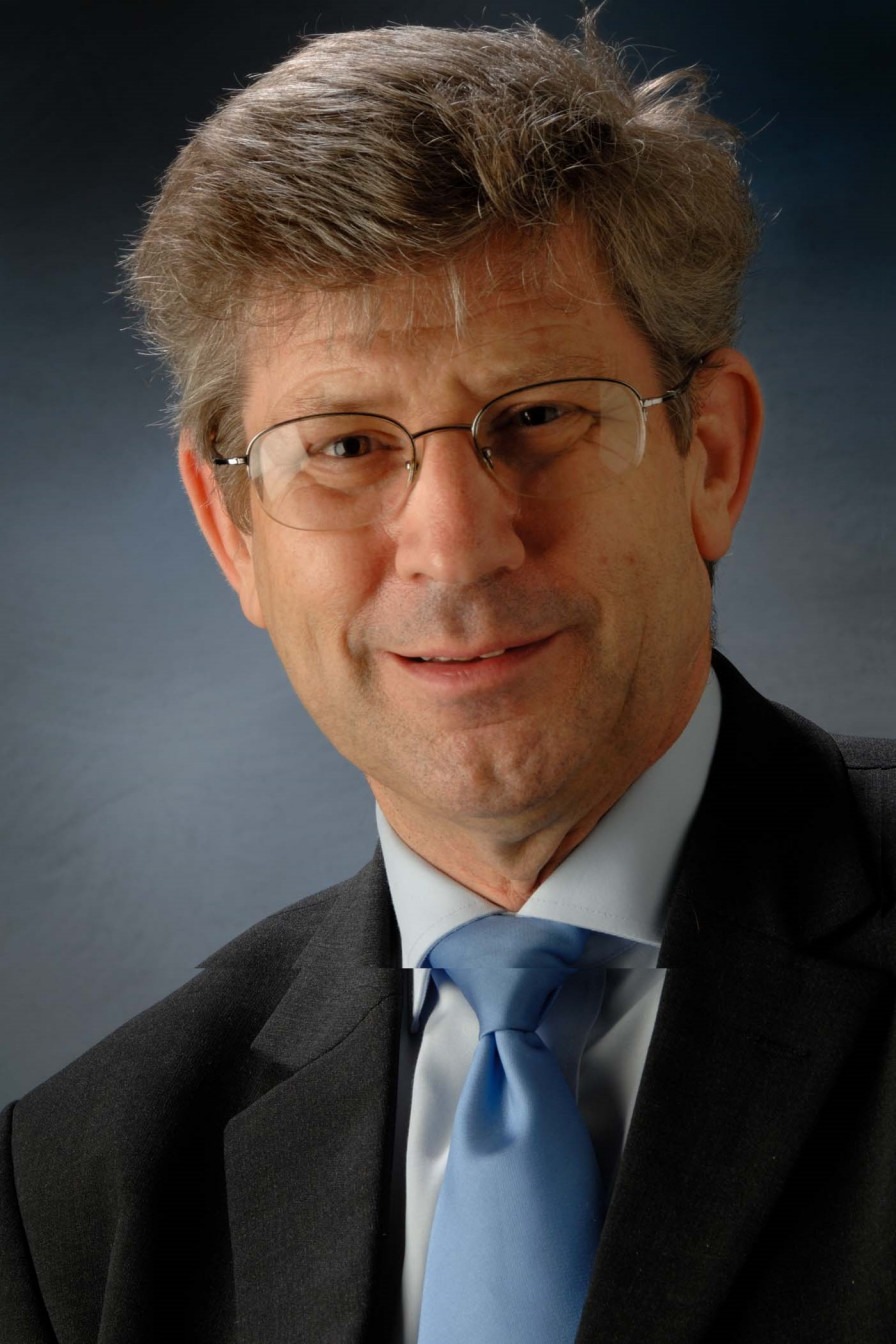Educational Excellence Everywhere – an opportunity for improving music education still further?

The Music Education Council is a non-party political organisation that simply strives to ‘promote and advance the education and training of the public in music’.
There have been a number of responses to the Government’s white paper recently. I have finally managed to read it from cover to cover. It strikes me that there are opportunities and important pointers that music educators and the MEC can take into account as we develop our vision for music education in 2030.
First we need to be realistic. We punch well above our weight but there are some things that even collectively we are too small and insignificant to influence on our own. Of course, we can work with others to make a difference; and we can gather evidence so that unintended consequences or misinformation can be challenged. Sometimes all we can achieve is damage limitation.
Second, we need to positively seek out opportunities. We need to do our best, in the current climate, to ensure high quality musical experiences – of the kind that can transform lives – continue so that eventually they are available and affordable to all. There are still numerous examples of excellent practice and we need to celebrate and share these more effectively. The MEC Music Education Awards provide an opportunity to do just this by spotlighting practice from each academic year. Application forms for the 2016 Awards will be available by the beginning of May.
This blog is about looking for those opportunities and pointers in the White Paper remembering that the National Plan for Music Education created a role for hubs (name checked together with the MDS on page 90 of the white paper) and still have central funding for their four core roles. ‘Hubs and schools (or clusters of schools) will work together to determine what high quality music education looks like in a local context, and who will be responsible for the delivery of each aspect’. (Page 16).
One hundred and twenty five pages cannot be distilled into a few words. But here are some of the positives and potential opportunities I took from the white paper.
-
The DfE Strategy Overview sets out to ‘provide world-class education and care that allows every child and young person to reach his or her potential, regardless of background’. This vision is based on five principles: Children and young people first; high expectations for every child; outcomes, not methods; supported autonomy; and responsive to need and performance (p124).
-
We can work with this.
-
-
‘We are unapologetically ambitious for every child, no matter what their background, prior attainment or needs. The best possible education for adult life in 21st century Britain is one that equips children and young people with the knowledge, skills, values, character traits and experiences that will help them to navigate a rapidly changing world with confidence’ (p88) and ‘every child deserves a high quality education, no matter where they live or what their background or needs’ (p100).
-
Music education, in all its guises, has a role to play.
-
-
‘The government believes strongly that culture should be an essential part of every child’s education and the new national curriculum aims to broaden access to the arts for all children (para 6.7). Academy status includes freedom over the curriculum as long as (my italics) a ‘broad and balanced curriculum is taught’ (para 6.8)…we also want academies to use their freedoms to innovate and build more stretching and tailored curricula, to meet the particular needs of their pupils or their local area or the particular ethos of the school‘ (Para 6.9) and we have given teachers much more professional freedom to choose how to teach and how to assess in the classroom (para 6.10).
-
The EBacc represents a core academic curriculum – it should not squeeze out wider study (p93).
-
We need to use these words to challenge schools that do not give sufficient importance to music. There are also opportunities in respect of Character (p95) and through the National Citizenship Service (p96).
-
-
Ensuring the needs of all pupils are met and championing parents and families, including the growing functions for Local Authorities relating to Early Years provision; identifying, assessing and making provision for children with SEND; listening to and promoting the needs of parents, children and the local community; and an expectation that academies will ‘put in place arrangements for meaningful engagement with parents, to list to their views and feedback (pp69/70).
-
Again, surely there are appropriate roles for music education here and for engaging parent power to challenge schools that do not provide adequate music education.
-
-
The importance of the quality of teaching and CPD and the role of Specialist Leaders in Education, who will spread best practice and high quality professional development, including direct mentoring (p13/74).
-
Given the limited number of music specialists, hubs can help here.
-
-
An acknowledgement that ‘different parts of the system develop at different rates’ (p84).
-
So, by implication, hubs will develop at different rates. We need to celebrate and learn from the most successful with implications here for the MEC’s Music Education Awards and our own CPD.
-
It is not possible to do full justice to all of these elements here. Through its fourteen working groups MEC will continue to discuss these issues and facilitate a sector-wide approach so that we get the best possible outcomes for all. There is much to be done, but by working together we stand the best chance of continuing to make a difference. Look out for the regular monthly news updates to learn more.
